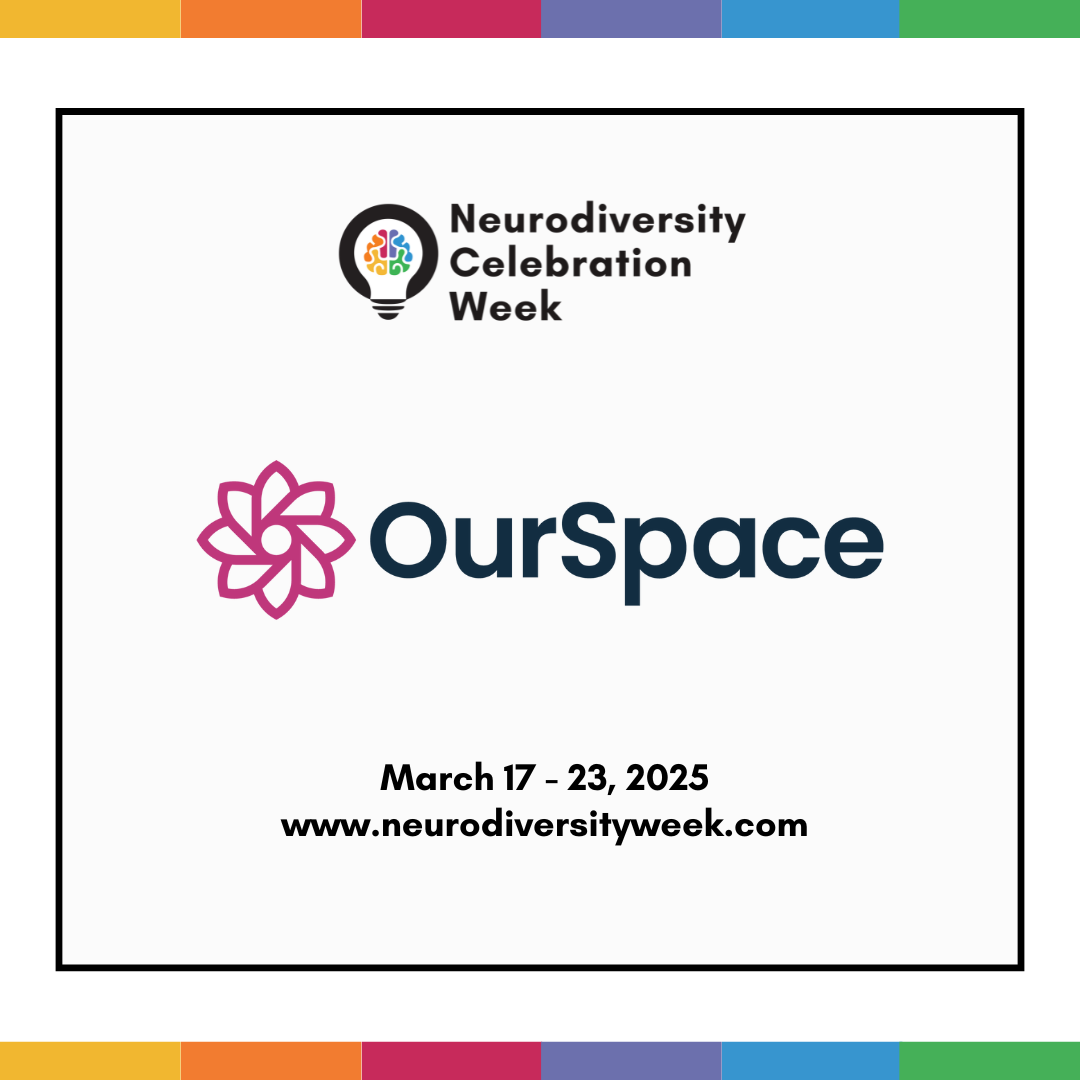Neurodiversity Celebration Week
Neurodivergence & LGBTQIA+: A Conversation on Identity, Intersectionality & Empowerment
Join Aidy Smith, the world’s only global TV presenter with Tourette Syndrome along with a fantastic panel as they delve into an open, insightful, and empowering discussion exploring the deep connections between the LGBTQIA+ and neurodivergent communities. Research suggests a higher prevalence of neurodivergence among LGBTQIA+ individuals—why might this be? Is it self-awareness, or is there a deeper correlation?
Empowering Neurodiversity in the Workplace
Join Professor Amanda Kirby as she chairs a discussion on fostering an inclusive workplace for neurodivergent individuals and discusses the latest findings from the latest City and Guilds Neurodiversity Index for 2025.
Neurodiversity & Mental Health – Acquired Neurodivergence
Kassiane Asasumasu coined the terms neurodivergent and neurodivergence, circa 2000. According to Asasumasu, these terms refer to people "whose neurocognitive functioning diverges from dominant societal norms". She intended for the terms to apply to a broad variety of people, not just those with neurodevelopmental differences such as autism, ADHD, and dyslexia. She emphasised that neurodivergent and neurodivergence should not be used to exclude people, but rather to include them, stating: "Neurodivergent explicitly and loudly includes mental illness (or psychiatric disability for those who prefer that term)".
Navigating Neurodiversity: Parental Perspectives, Professional Insights, and Policy Changes in 2025
Welcome to this essential session designed for parents, carers, and professionals navigating the ever-evolving landscape of neurodiversity. Chaired by Theo, this panel—now in its third year—brings together diverse voices to explore the challenges and opportunities facing families today.
